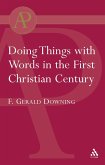
eBook, PDF
1. Oktober 2000
Bloomsbury UK eBooks
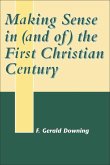
eBook, PDF
1. August 2000
Bloomsbury UK eBooks
Ähnliche Artikel
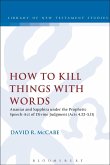
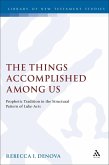
15,95 €
Sofort per Download lieferbar
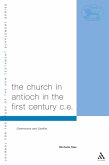
eBook, PDF
1. Februar 2004
Bloomsbury UK eBooks
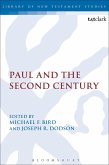
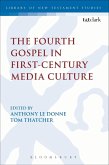
eBook, PDF
17. Februar 2011
Bloomsbury UK eBooks
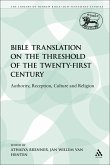
eBook, PDF
1. Oktober 2002
Bloomsbury UK eBooks
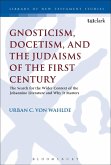
eBook, PDF
26. Februar 2015
Bloomsbury UK eBooks
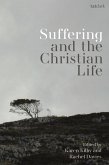
28,95 €
Sofort per Download lieferbar
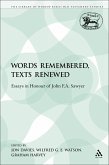
Ähnlichkeitssuche: Fact®Finder von OMIKRON
